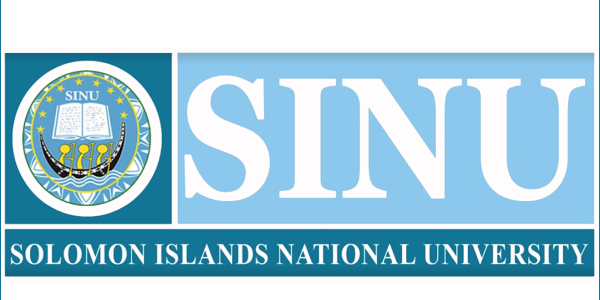THE Solomon Islands National University (SINU) has enrolled 4,331 students for this semester following the closure of enrollment last week.
A press statement released by SINU on Monday revealed that more students have expressed their interest to enroll which continued to soar.
“Unlike previous semesters and years, these enrolled students are serious about obtaining quality education qualification at SINU and are paying for their enrolment and receiving the quality of education they so deserve.
“Students no longer need to share tuition, teaching and resource materials with those who have previously opted to do so by dishonest means,” it stated.
The statement said lecturers at SINU are paying more attention and focus on the enrolled students to achieve quality education.
“Students who are aggrieved by issues pertaining to the levels, standards and delivery of teaching and quality of education are encouraged to channel their complaints to the responsible Heads of Schools and Deans of the Faculties, instead of running to the media for cheap reporting.”
Currently the university has now established new institutes and commenced offering new and exciting relevant course programmes.
“This semester, SINU has established a new Institute of Islands Ocean and Sustainable Development headed by a renowned academic and professional, Dr Transform Aqorau, also it will offer Masters in Natural Resources programme, Masters in Educational Leadership and Change as well as offering Diploma in Civil Engineering.”
The other academic programmes being planned and developed to offer in 2022 include Masters in Health Leadership and Management, Graduate Diploma in Rural Generalist Medicine and Postgraduate Diploma in Midwifery.
However, for Faculty of Business and Tourism (FBT), the structure and course programmes are being reviewed, with the view to upgrade the programme contents and delivery comparable to other international universities standards.
Its understood the University usually enrolls over 8000 students per semester but due to financial constraints it had forced many students out of school.
By FOLLET JOHN
Newsroom, Honiara









